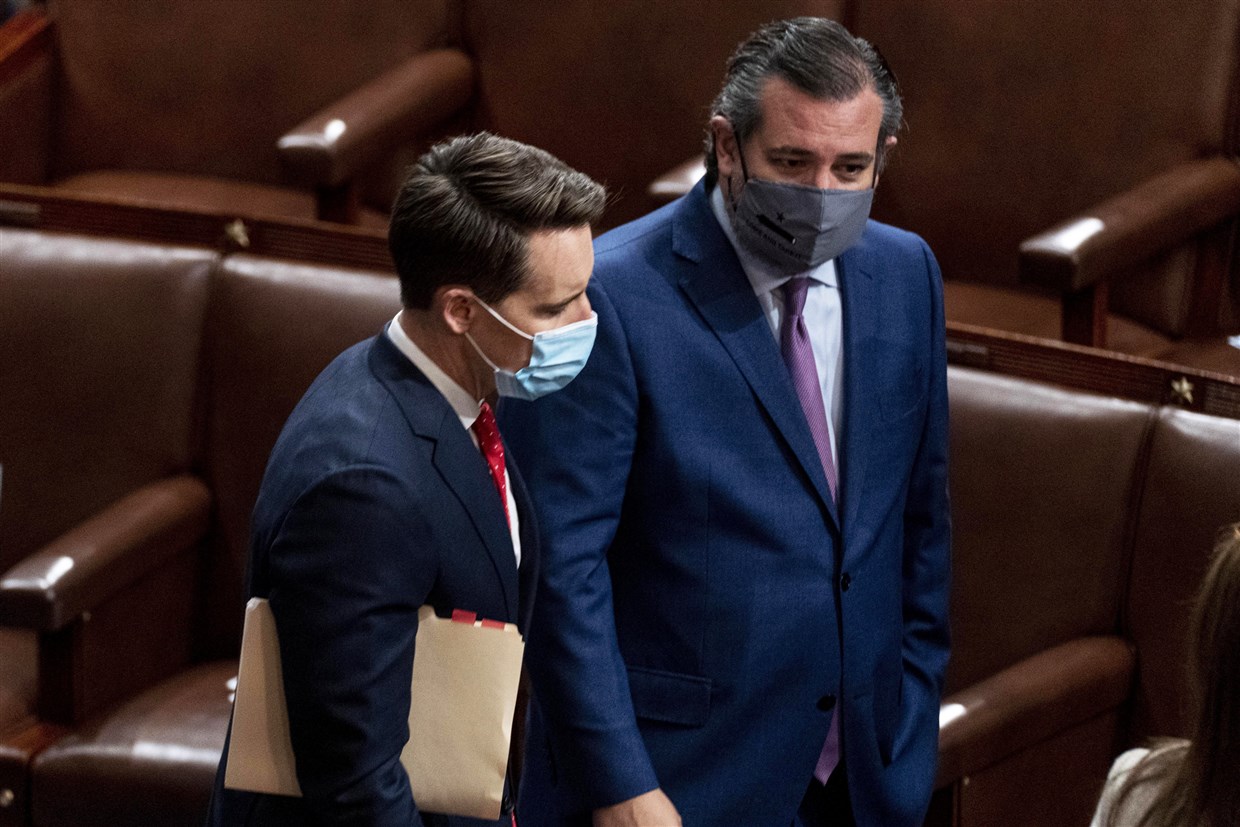Woke theatrics from corporatist sports must—and will—have consequences.
Out of Their League

It’s time to reclaim pro sports from institutionalized activism.
Major League Baseball has punished the State of Georgia for its new election laws, moving tonight’s All-Star game from Atlanta to Denver. This is merely the latest in a long line of instances of liberal activism on the part of large American businesses, and especially American professional sports leagues. Since this kind of corporate activism is intended to place conservatives at a disadvantage in American politics, conservatives must consider what ought to be done in response.
Some leaders on the right have complained and called out the MLB for its hypocrisy. Baseball wishes to present itself as a defender of democratic values while, at the same time, seeking lucrative relationships with China—hardly a beacon of human rights and self-government. This is the theme of Senator Marco Rubio’s letter to MLB Commissioner Robert Manfred.
Complaining, however, is clearly not enough. Conservatives have complained for decades about such things, while the leftward drift of America’s institutions has proceeded unchecked. To paraphrase Charles Dudley Warner: Everybody talks about the leftwing oligarchy, but nobody does anything about it.
Some conservative leaders have suggested concrete action. Republican Senators Mike Lee, Ted Cruz, and Josh Hawley have proposed legislation to strip Major League Baseball of its exemption under federal anti-trust law. Although promising, this proposal is probably too narrow and too negative to achieve what conservatives should be seeking to accomplish. Other major professional sports leagues have likewise become politicized, most notably the National Football League and the National Basketball Association. Conservative leaders should think and speak more imaginatively and ambitiously about how to reform our nation’s institutions—if necessary, by encouraging the creation of new ones.
An ambitious and astute political leader of the right could say: “We need to revise our commercial regulations, our tax code, and our anti-trust laws to encourage the formation of new sports leagues that are focused on the joy of athletic competition and not on woke political activism.” The aim would be both more comprehensive but also more acceptable to many Americans, since it would seek not merely to retaliate on a given business but to reform and improve the nation’s culture overall.
Indeed, such a proposal would be wise politics, on both the low and the lofty planes. Plato’s Polemarchus, as depicted in the first book of the Republic, offered an imperfect but not entirely wrong understanding when he suggested that justice requires doing good to friends and harm to enemies; this is not the highest aim of statesmanship, but it is certainly an essential part of practical politics, especially in a democracy. If you don’t stand up for your friends, they won’t stand up for you, and you will both be powerless. Conservative leaders could come to the defense of ordinary conservative and non-political Americans who feel that cultural institutions they have loved and supported have turned on them, returning their affection with contempt, treating them as “deplorable and irredeemable.” There is good reason to expect that many voters would rally to such a proposal.
It is also necessary to make your enemies pay for their enmity. Revision of American law to encourage competition for these de facto sports monopolies would signal to big corporations that there is a cost to their woke activism. If they want to be arms of the Democratic Party, they should not expect a free ride from that part of the country that they choose to treat as political enemies.
Encouraging the creation of new sports leagues would be an act of high politics as well—an act of statesmanship looking to the serve the common good. By engaging in the kind of political activism we have seen in recent years, our existing national sports leagues are poisoning our public culture and undermining the civic affection that is necessary to a healthy and happy nation.
As James Madison famously explained in Federalist 10, faction—group conflict—is an inevitable part of politics in a democracy. The seeds of faction are sown in human nature.
Faction need not, however, be an ever-present part of daily life. A wisely constituted public culture will include many opportunities for citizens to interact in a friendly manner in arenas where their political differences are irrelevant and can be temporarily forgotten.
By politicizing sports, our professional leagues are putting the spirit of faction where we don’t need or want it. By devising policies that would encourage the creation of new, non-political sports leagues, conservative political leaders would be helping to create—or recreate—a civic culture in which Americans can get some relief from political conflict and learn to like each other despite their political differences.
The creation of new sports leagues would also have a certain egalitarian appeal that could reach beyond conservative voters. There is no reason why a country as big, rich, and diverse as the United States should have a professional sports scene that is dominated by a few giant conglomerates. It is better for fans to have a choice in the realm of sports as entertainment, and it is better for athletes to have more opportunities to compete for pay. Which is more “fair” and more “inclusive”? One national league per sport, which permits only a tiny fraction of athletes to work for pay, and get paid millions? Or multiple leagues per sport, with an opportunity for more professional athletes to make at least a respectable living doing what they love? The answer is obvious. The proposal would have the additional advantage of teaching conservative voters—and all voters—that support for free markets is not the same thing as support for giant American corporations.
This proposal may go against the grain for some conventional conservatives. After all, they might think, conservatism is supposed to be about conserving existing things and not creating new ones, but this is a simplistic understanding of conservatism. To conserve what we can we have to change what has been corrupted. Such a procedure is a conservative as Edmund Burke himself, who wrote that a “state without the means of some change is without the means of its own conservation.”
Changing the politicized culture of professional sports is worthwhile if it helps to preserve an overall public culture in which Americans can learn civic friendship—and in which conservatism itself can compete fairly in the political marketplace without being kneecapped by large corporations.
The American Mind presents a range of perspectives. Views are writers’ own and do not necessarily represent those of The Claremont Institute.
The American Mind is a publication of the Claremont Institute, a non-profit 501(c)(3) organization, dedicated to restoring the principles of the American Founding to their rightful, preeminent authority in our national life. Interested in supporting our work? Gifts to the Claremont Institute are tax-deductible.
Conservatives need to stop treating virtue signaling as if it didn’t matter.
Any conservative worth his salt should defend senators against baseless and dictatorial attacks.



